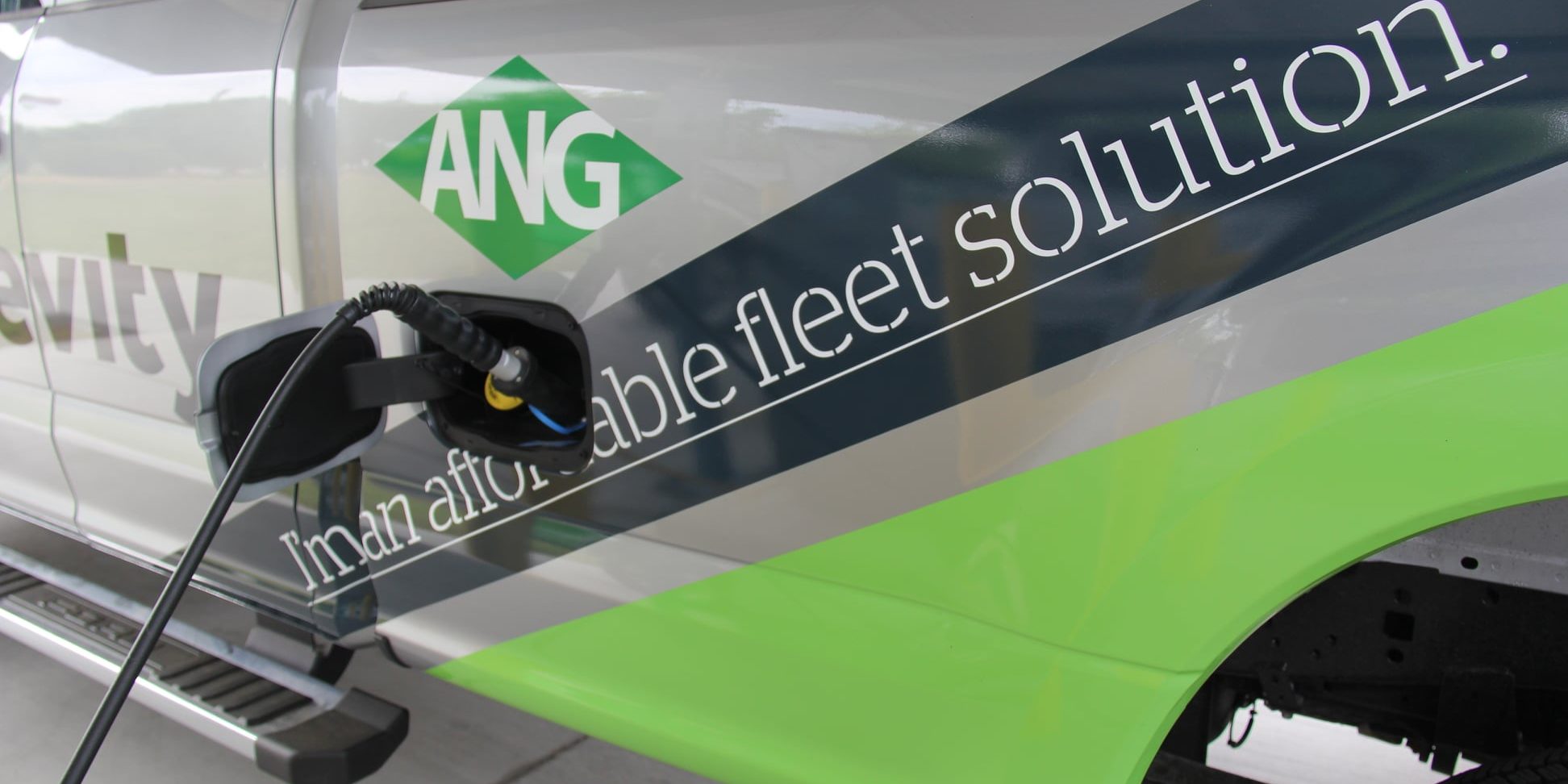National Fuel Gas Distribution Corporation (National Fuel) announced the launch of an alternative fuel vehicle pilot program that uses an adsorbed natural gas (ANG) platform developed by Ingevity Corporation, called NeuFuel™.
During the kickoff event, representatives from National Fuel, Ingevity and Pittsburgh Region Clean Cities unveiled the fleet truck that will be evaluated through the program, a Ford F250 fitted with the NeuFuel system, as well as the onsite fueling appliance, and discussed the system’s potential as a long-term fleet solution to reduce greenhouse gas emissions.
According to Michael Colpoys, senior vice president at National Fuel, National Fuel’s decision to purchase and pilot NeuFuel vehicles is consistent with its overall focus on environmental stewardship and innovations relating to natural gas. “Powering our fleet with reliable natural gas is just one of the many ways National Fuel is working toward a sustainable tomorrow,” Colpoys commented.
NeuFuel-powered vehicles allow a vehicle’s fueling system to operate at a lower pressure compared to traditional CNG vehicles. In addition, unlike traditional CNG fueling stations, the low-on pressure configuration enables the use of a small, low-cost refueling appliance.
In addition, Ingevity’s NeuFuel system enables vehicles to run on carbon-neutral biomethane, providing a more environmentally friendly option for light-duty trucks and vans. Vehicles running on renewable gas have the potential to reduce greenhouse gas emissions up to 125%, according to NGVAmerica.
“Ingevity’s goal is to help fleets immediately and cost-effectively transition to a cleaner, carbon-neutral fuel so that they can save on fuel costs while continuing to advance their sustainability goals, and we are excited to begin that journey with National Fuel,” said Robert Friedman, managing director of NeuFuel at Ingevity. “We are also grateful to the Pennsylvania Department of Environmental Protection for providing grants to organizations like National Fuel, giving them access to alternative fuel technologies like NeuFuel in an effort to further reduce their carbon footprint.”
The Pennsylvania Department of Environmental Protection (PA DEP) provided a grant through its Alternative Fuel Incentive Grant Program (AFIG) to fund in part the pilot program. The AFIG Program invests in the deployment of alternative fuel vehicles, fleets, refueling infrastructure, and technologies in the Commonwealth.
Source: National Fuel







